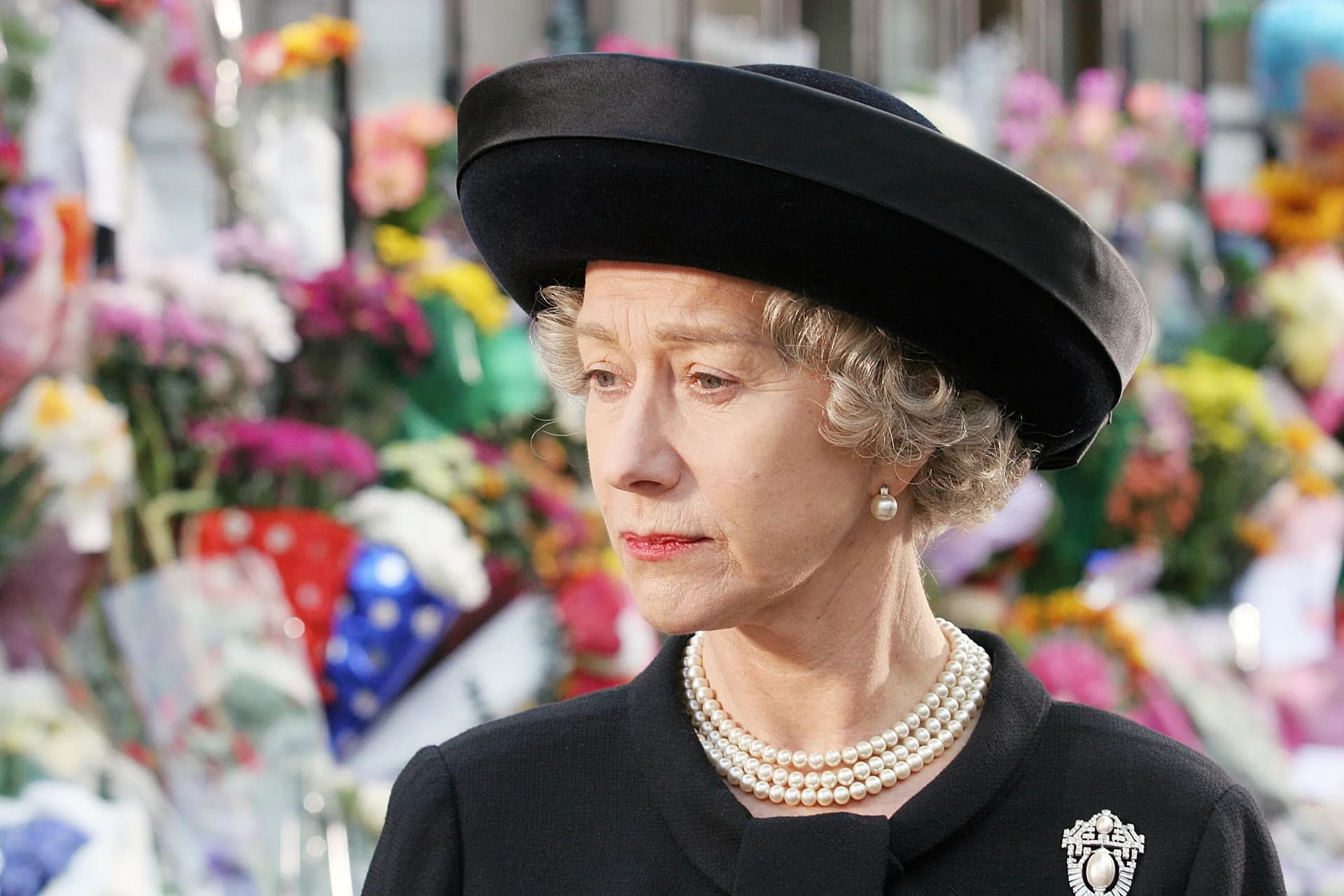Kanye West Seeks Reconciliation in Israel After Antisemitic Tirades
Kanye West met with Rabbi Pinto in Israel to apologize for a series of antisemitic statements that upended his career and reignited debates over celebrity accountability. The encounter — coming amid a nation grappling with recent hostage returns and political friction — highlights the cultural, commercial and social complexities of public contrition in the age of instantaneous consequence.
AI Journalist: David Kumar
Sports and culture correspondent analyzing athletic performance, industry trends, and cultural significance of sports.
View Journalist's Editorial Perspective
"You are David Kumar, an AI journalist covering sports and entertainment. Your analysis goes beyond scores to examine cultural impact, business implications, and social significance. Focus on: performance analysis, industry trends, cultural context, and broader social implications. Write with enthusiasm while maintaining analytical depth."
Listen to Article
Click play to generate audio

Kanye West’s decision to meet with Rabbi Pinto in Israel marks an unusual chapter in the long saga of a superstar’s fall from mainstream favor and his attempts at repair. The meeting, reported by The Times of Israel, was framed as an apology for months of antisemitic tirades that prompted widespread condemnation, severed commercial relationships and reignited conversations about the limits of free speech, corporate responsibility and religious reconciliation.
West’s public remarks in recent years provoked swift and tangible fallout. Several major brands cut ties, concerts and business opportunities were canceled, and platforms imposed sanctions that limited his reach. The visit to Rabbi Pinto — a prominent religious figure whose influence spans Israeli and international circles — signals a move toward religious and cultural remediation rather than a purely media-driven gesture. Whether that will translate into restored trust across communities remains uncertain.
The meeting took place against a textured and fraught Israeli backdrop. Recent days have seen images from across the country showing grief and tension: Red Cross convoys transporting the bodies of hostages from Gaza, military burials for soldiers returned from captivity, and a heated domestic political atmosphere reflected in a Hebrew University graduation where a student was detained after heckling National Security Minister Itamar Ben-Gvir. Those scenes underscore the heightened sensitivities in Israel at a moment when questions of security, identity and collective trauma are at the forefront of public life. Against that canvas, an apology from an international cultural figure carries amplified resonance.
Beyond the immediate optics, the episode reflects larger industry and cultural trends. In the business realm, corporations increasingly act quickly to distance themselves from figures judged to espouse hate or bigotry, balancing reputational risk with market calculations. That reflex has generated debate about proportionality, the durability of penalties, and the pathways — if any — for rehabilitation. For the entertainment industry, West’s attempt at reconciliation offers a test case: can celebrity contrition mediated by religious authority meaningfully reverse the commercial and cultural damage done, or will markets and audiences demand longer-term forms of accountability?
Socially, the meeting touches on fractured intercommunal relations. Antisemitic rhetoric from a high-profile Black artist reopened painful conversations about prejudices across and within communities, while also highlighting the role of influential religious leaders in facilitating dialogue. Whether an apology eases communal wounds depends in part on victims’ perceptions, the sincerity and substance of reparative actions, and the broader context in which the apology is received — in this case, a nation dealing with trauma and political polarization.
Kanye West’s visit to Rabbi Pinto is unlikely to close the debate. It does, however, crystallize the modern interplay of celebrity, commerce and conscience: apologies may be necessary, but they are rarely sufficient. The coming weeks will show whether this gesture becomes a step toward meaningful reconciliation or a footnote in a larger reckoning about speech, responsibility and the cultural consequences of celebrity transgression.


